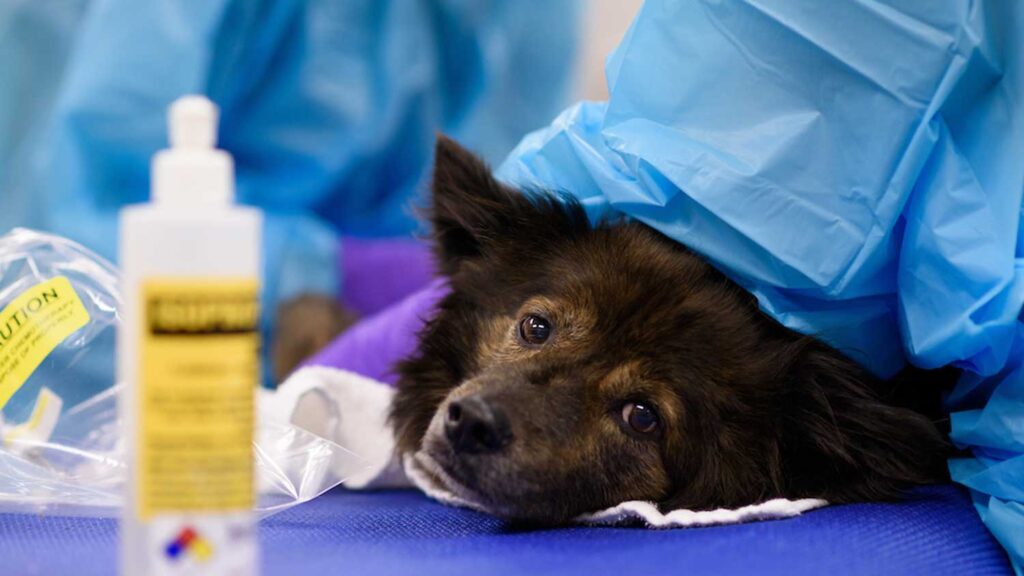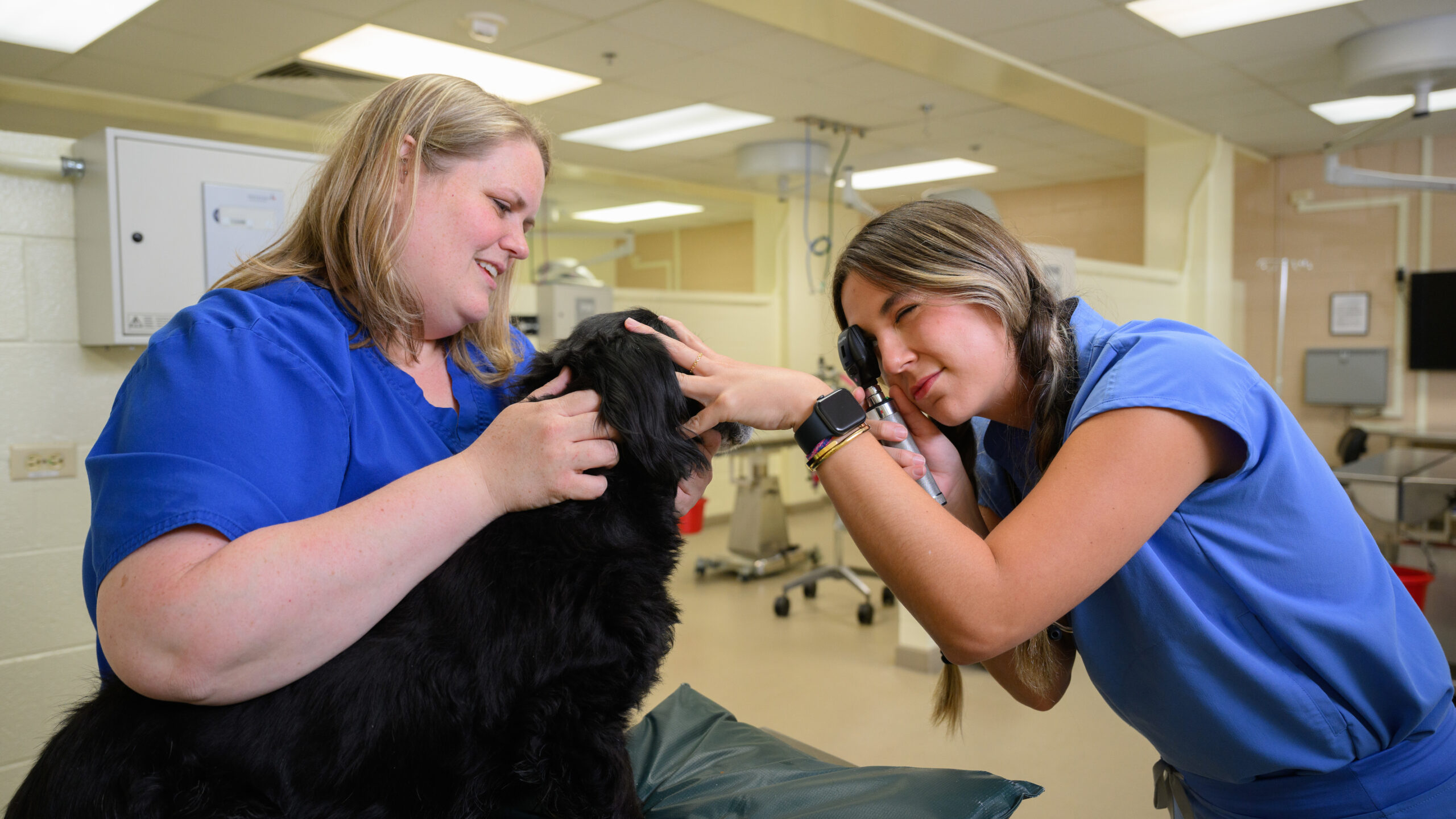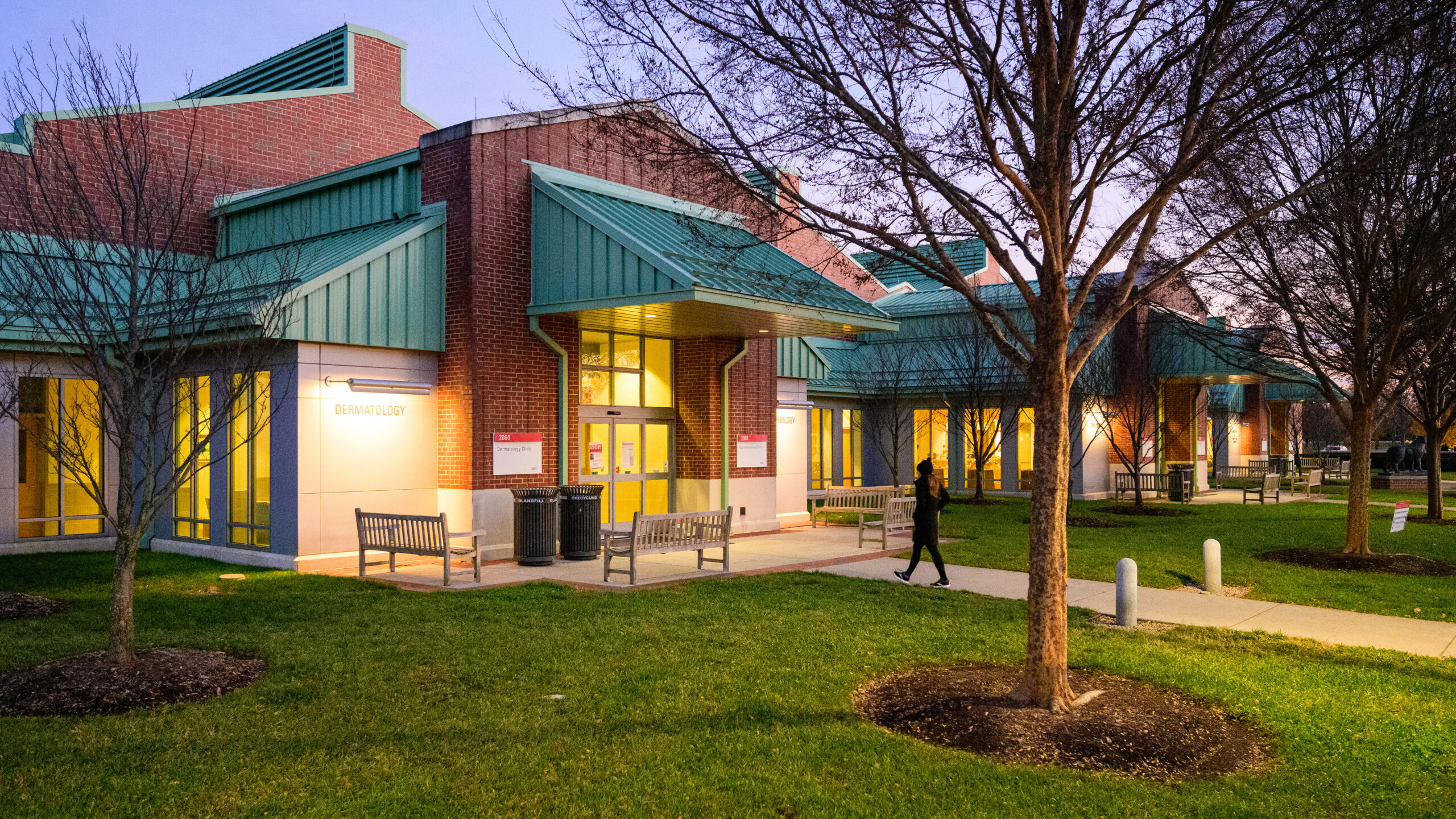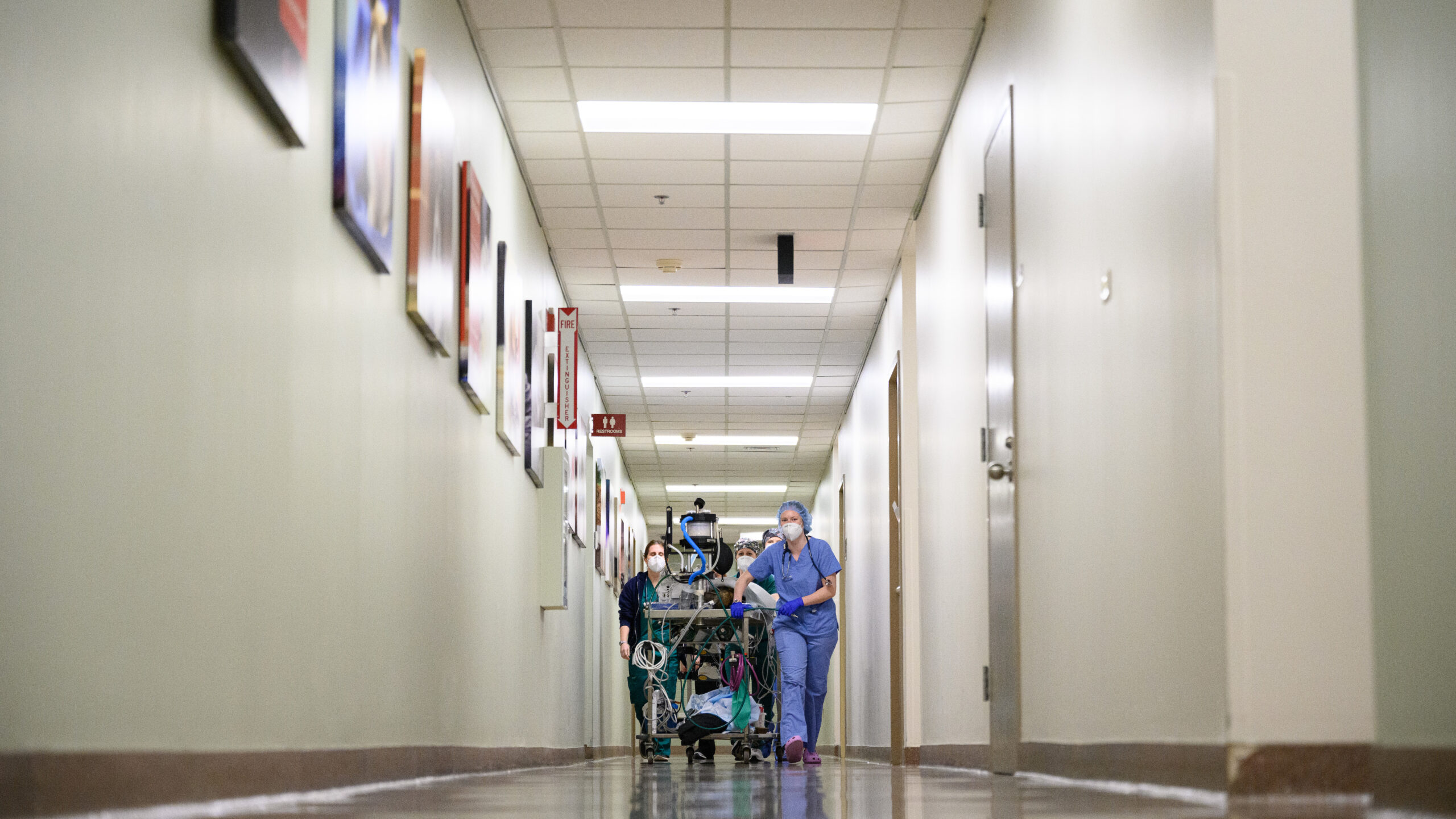Extracorporeal Services
The extracorporeal service at NC State Veterinary Hospital offers an omnicomprensive array of therapies including hemodialysis, hemoperfusion and plasmapheresis.

Overview
Besides the well-established role of hemodialysis in the treatment of severe kidney injury, we offer this treatment, along with hemoperfusion, for the rapid removal of a multitude of toxins and drug overdoses. Over the past 2 years our hemodialysis program has grown exponentially and currently receives a consistent inflow of referrals spanning on a radius of 500 miles.
Therapeutic plasmapheresis is effective and often life-saving for the treatment of acute forms of immune-mediated diseases, as IMHA, Myasthenia Gravis, and Pemphigus. Drug removal and hepatic encephalopathy also represent possible additional indications for its use.
Contact Us
- Hours: 24 hours, 7 days a week.
- Phone: 919-513-6911
- Email: ncstateextracorporeal@ncsu.edu
What is hemodialysis?
The kidneys are in charge of a multitude of vital functions for the body along with eliminating metabolites, excess fluids, toxins and drugs.
Acute Kidney Injury (AKI), often known as kidney failure, is a life threatening condition associated with a sudden decline in kidney function. Cats and dogs can be equally affected by this condition and common causes of AKI include bacterial infections, toxins, urinary tract obstruction, immune-mediated diseases.
Once a pet is diagnosed with kidney failure, it is then critical to identify as rapidly as possible the initiating cause in order to provide the most appropriate treatment. Often though there is no time to wait for all tests results given that at the time of diagnosis of AKI, the patient is already systemically affected, requiring intensive medical care. Unfortunately medical management of AKI in pets as well as in humans is only effective in treating about half of the patients. When medical management fails to improve the patient’s clinical condition and the severity of the kidney injury, hemodialysis may represent the only chance for these patients.
Hemodialysis takes on the kidney function of removing metabolites, toxins and excess fluid form the body, while the kidneys are recovering from the damage they sustained. In pets, we use the same machines and devices used in people, adapting the treatment protocols to the needs of the patient. We routinely treat cats and dogs of all sizes, from a 1 kg teacup yorkie, to a 80 kg Great Dane. Horses and other large animal species can also be candidate for hemodialysis treatment should it be required.
Hemodialysis is performed by connecting the patient to the dialysis machine via a specially designed central venous catheter. Each hemodialysis sessions lasts approximately 4 to 6 hours and multiple sessions are performed intermittently during the course of treatment of acute kidney injury. During the session the patient rests comfortably on a soft padded bed. In some cases mild sedation is needed for the more excitable pets. The average hospitalization time for patients treated with hemodialysis is usually between 2 to 3 weeks with hemodialysis sessions performed every other day until the kidneys recover sufficient function to not require any further support.
Hemodialysis and related therapies (ie hemoperfusion) are also extremely effective in removing toxins, poisons and drugs from the body following accidental exposure or overdose. The hemodialysis and hemoperfusion filters are capable of removing a number of different drugs at speed far higher than the body or any other therapeutic intervention. The sooner the patient is treated the higher is the chance to prevent the deleterious effect of the toxin or drug overdose. Often one single session is all is necessary to remove most of the ingested/administered drug.
Once you have determined the best therapeutic option for your pet, you may work with our oncology team to develop an appointment plan.
What to Expect
Due to the unpredictability and severity of patient problems long waiting times are sometimes experienced. Upon admission, all patients are assessed immediately and triaged according to the severity of the problem.
Patients with the most serious problems are seen first and patients with less serious problems will be attended to as soon as possible (similar to emergency rooms in human hospitals).
Senior veterinary students play an important role in our care team and thus clients should expect to speak to a veterinary student as part of the intake and treatment process. All students are in close communication with our care team’s veterinarians and communicate clinician recommendations to you.
As soon as the veterinarian working with your pet is available, they will talk with you regarding additional testing needed, prognosis and treatment options, and the anticipated costs associated with care. Our care team consults with on-call specialists when appropriate.
Appointments and Referrals
Appointment Guidelines
No appointment is needed, but calling ahead is encouraged.
Appointment Hours
24 hours a day, 7 days a week, 365 days a year
Emergency Service Fees
- Emergency exam fee is $235.00.
- Initial stabilization services for pets range between $500-$700. Additional diagnostic tests, specialty consults, therapeutics and other fees may also apply.
Frequently Asked Questions
What will happen?
All pets presenting to the emergency hospital will be “triaged” by our technical staff. This means that patients are assigned a medical priority based on vital signs and a brief history. Similar to a human ER, this ensures that the most critically ill patients are given priority. A technician will greet you in the lobby and obtain your pet’s vital signs. If your pet’s vital signs are abnormal, or your pet is clearly unstable, the technician will escort your companion immediately to the back to be examined by a doctor. A student will then obtain vital historical information while your companion is stabilized. You may be asked to sign a permission form for “emergency treatment” at this time. As soon as medically possible, the attending clinician will consult with you and present a diagnostic and therapeutic plan.
If your companion is stable at the time of admission, you will be escorted to an examination room, where a veterinary student will obtain pertinent historical information and perform a physical examination. This information will then be presented to the attending clinician. Shortly afterward, the attending clinician will perform a thorough physical examination on your companion, consult with you, and present a diagnostic and therapeutic plan.
If your companion’s problems are complex in nature, specialists may be consulted and transfer to a specialty service may be recommended. In the event that your pet is hospitalized for a complex problem, his or her care will be transferred to one of these specialty services in the morning. Alternatively, care of your pet may be transferred back to your family veterinarian in the morning. In this instance, you must pick up your pet by 8 am and proceed directly to your veterinarian.
What happens if my pet is hospitalized?
It may be recommended that your pet be hospitalized. In this instance, we have several levels of care that are tailored to the needs of your pet. Technicians staff all hospital wards 24 hours a day, 365 days per year. Our intensive care unit is also staffed with dedicated technicians and doctors 24 hours a day. Visiting is encouraged and hours are established for all areas of the hospital. At the time of admission, please ask the attending clinician or student to provide you with this information.
Will you work with my vet?
If you provide the front desk with the name of your veterinarian, a full report will be faxed the following morning. Your veterinarian can also call at any time for a consultation or with questions concerning your pet’s care. If your pet remains in the hospital and is transferred to a specialty service, the clinician in charge will contact your veterinarian by phone the following day.
Resources
- Download our full client expectations document here.
- Finding a primary veterinarian
- NC State College of Veterinary Medicine


